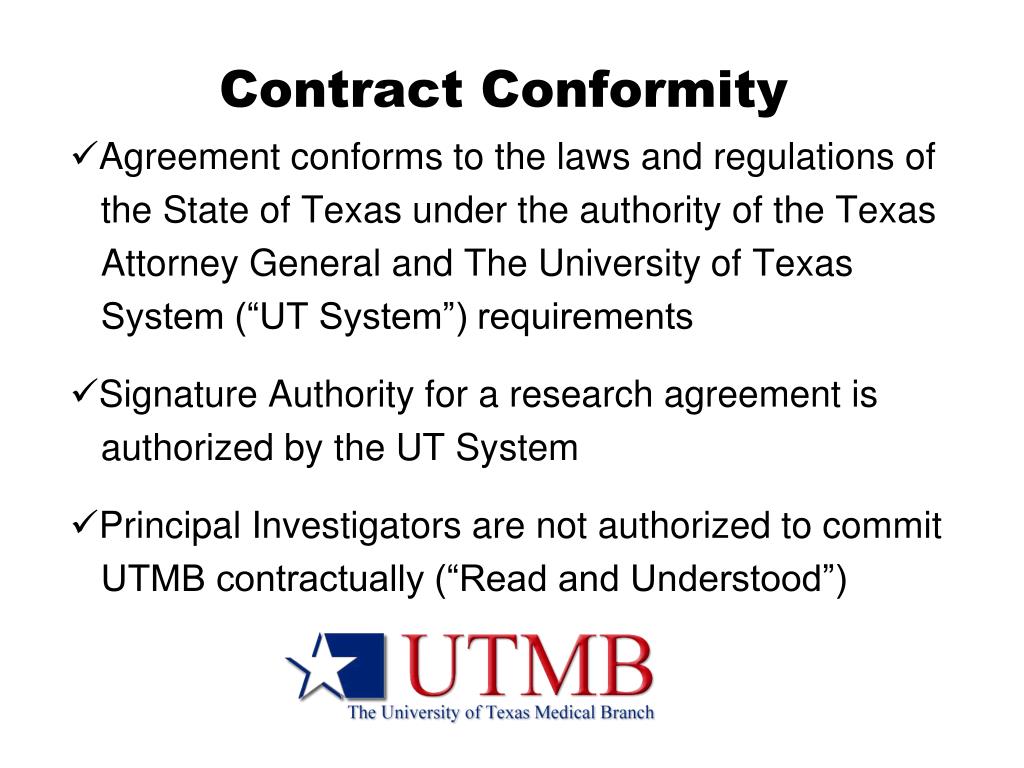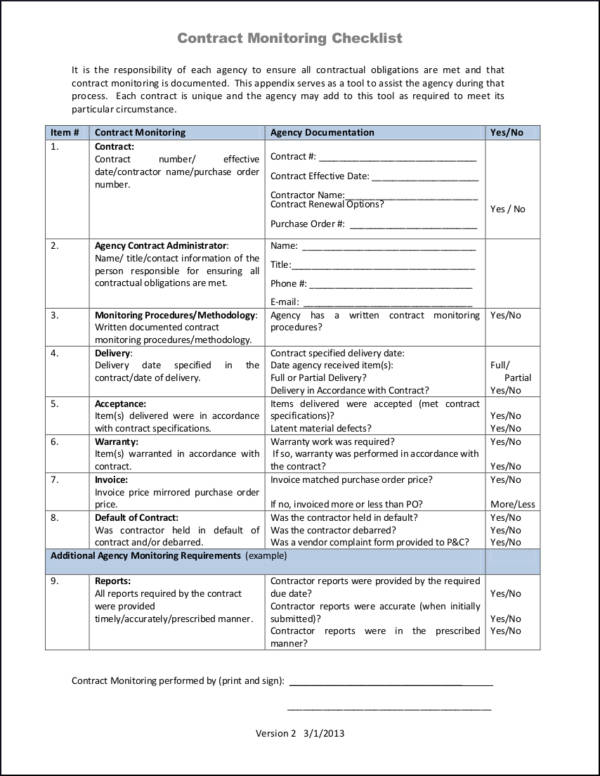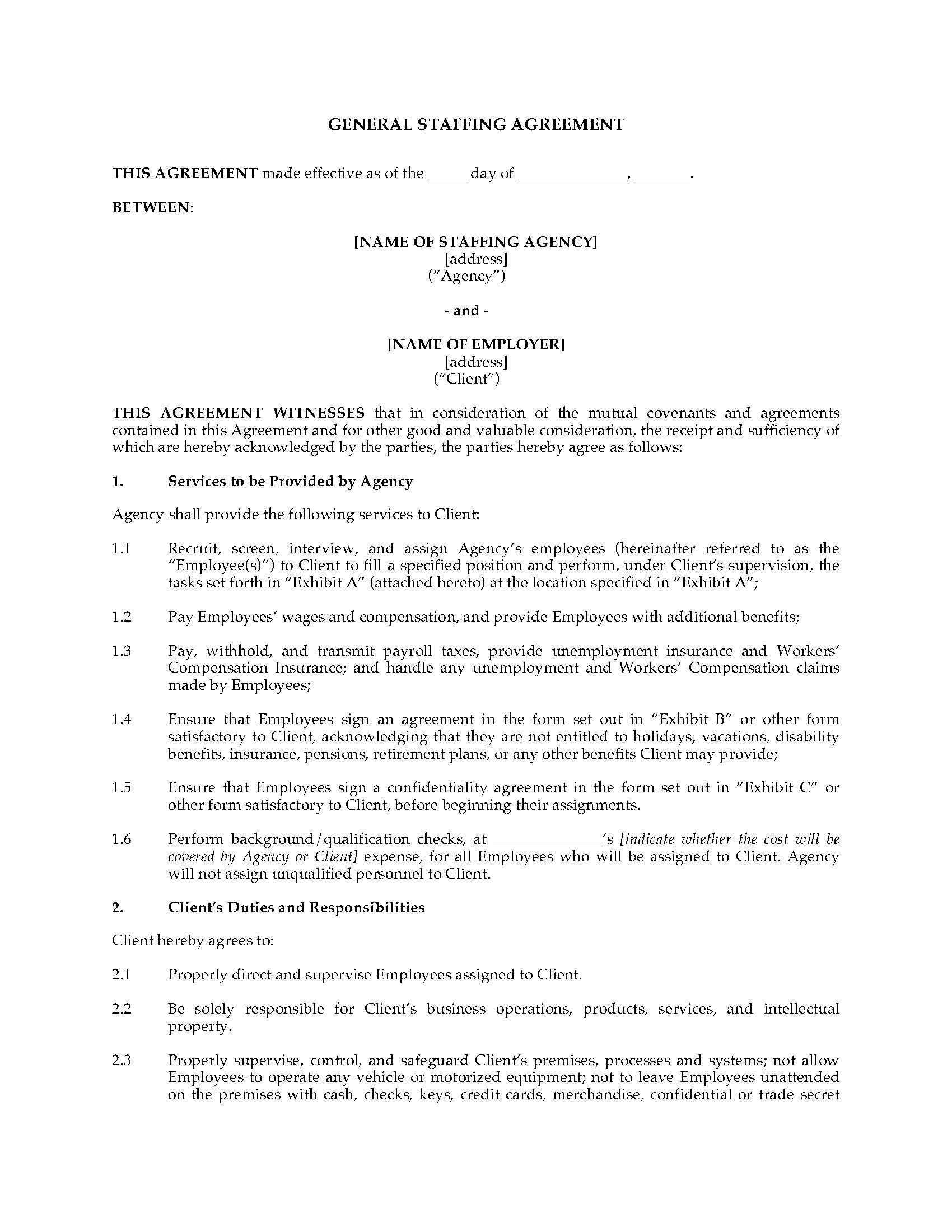Which general staff member negotiates and monitors contracts

Which General Staff member negotiates? YouTube
Which General Staff member prepares Incident Action Plans, manages information, and maintains situational awareness for the incident?. Which General Staff member negotiates and monitors contracts, maintains documentation for reimbursement, and oversees timekeeping for incident personnel.. Answer choices . Tags . Explore all questions with.

First Practice How to Negotiate Your Employment Contract
Show Answers. See Preview. 1. Multiple Choice. Edit. 30 seconds. 1 pt.. Which Section Chief is responsible for recording personnel time, maintaining vendor contracts, administering compensation and claims, and conducting an overall cost analysis for the incident?. Which General Staff member negotiates and monitors contracts, maintains.

6 Steps in Negotiation which occur in the Negotiation Process
Which General Staff member prepares Incident Action Plans, manages information, and maintains situational awareness for the incident?. See an expert-written answer! We have an expert-written solution to this problem! T/F: The Incident Command System. Which General Staff member negotiates and monitors contracts, maintains documentation for.

PPT Contract Negotiation Process PowerPoint Presentation, free
Which General Staff member is responsible for ensuring that assigned incident personnel are fed and have communications,. C. Logistics Section Chief. Which General Staff member negotiates and monitors contracts, maintains documentation for reimbursement, and oversees timekeeping for incident personnel? . D. Finance/Administration Section Chief.

Which General Staff Member Negotiates and Monitors Contracts?
The general staff member who is responsible for negotiating and monitoring contracts is the chief financial officer (CFO). The CFO is responsible for ensuring that the organization's financial interests are protected and that all contractual obligations are met. The CFO also works closely with the legal department to ensure that all contracts.

Which General Staff Member Negotiates and Monitors Contracts A
Study with Quizlet and memorize flashcards containing terms like Which General Staff member prepares Incident Action Plans, manages information, and maintains situational awareness for the incident?, If the Incident Commander designates personnel to provide public information, safety, and liaison services, the personnel are collectively referred to as the, Which member of the Command and Staff.

FREE 20+ Contract Checklist Samples & Templates in PDF MS Word Excel
Which General Staff member negotiates and monitors contracts, maintains documentation for reimbursement, and oversees timekeeping for incident personnel? Finance/Administration Section Chief. The Liaison Officer. Is the point of contact for other response organizations. Establishment of the ICS modular organization is the responsibility of the:

Assessment 1 contracts Program Diploma of Horticulture Negotiate and
Finance questions and answers. Which General Staff member negotiates and monitors contracts, maintains documentation for reimbursement, and oversees timekeeping for incident personnel? A. Finance/Administration Section Chief B. Operations Section Chief C. Logistics Section Chief D. Planning Section Chief.

General Staffing Agreement Form Legal Forms and Business Templates
Which General Staff member negotiates and monitors contracts, maintains documentation for reimbursement, and oversees timekeeping for incident personnel? A.Finance/Administration Section Chief B. Operations Section Chief C. Logistics Section Chief D. Planning Section Chief. Which General Staff member negotiates and monitors contracts, maintains.

12 Steps to Contract Negotiations The Thriving Small Business
The General Staff Member who negotiates and monitors contracts, maintains documentation for reimbursement, and oversees timekeeping for incident personnel is the Finance/Administration Section Chief. The Finance/Administration Section within the Incident Command System (ICS) is explicitly tasked with handling financial management during an incident.

Which General Staff member negotiates and monitors contracts YouTube
Which General Staff member negotiates and monitors contracts, maintains documentation for reimbursement, and oversees timekeeping for incident personnel? Finance/Administration Section Chief. Which ICS functional area monitors costs related to the incident and provides accounting, procurement, time recording, and cost analysis?

Resolution of Meeting of LLC Members to Negotiate and Enter Contract
14. Which General Staff member negotiates and monitors contracts, maintains documentation for reimbursement, and oversees timekeeping for incident personnel? E THIS A. Operations Section Chief ctive Web B. Finance/Administration Section Chief C. Logistics Section Chief SSROO D. Planning Section Chief load Class

Negotiation agreement pdf Fill out & sign online DocHub
Show Answers. See Preview. 1. Multiple Choice. Edit. 2 minutes. 1 pt. Which General Staff member prepares Incident Action Plans, manages information, and maintains situational awareness for the incident?. Which General Staff member negotiates and monitors contracts, maintains documentation for reimbursement, and oversees timekeeping for.

Learn The Best Way to Negotiate Software Contracts TDF
Mastering Contracts: The Chief of Staff's Role in Negotiation and Monitoring • Contract Chief Role • Learn how the Chief of Staff plays a crucial role in neg.

Which General Staff member directs all responses? YouTube
Which General Staff member negotiates and monitors contracts, maintains documentation for reimbursement, and oversees timekeeping for incident personnel

12 Practical Tips on How to Negotiate Contracts Law Insider Resources
Instructions: Read the scenario and question below; then select the correct answer(s). General Staff immediately come together and begin developing strategies. General Staff Chiefs are: Evaluating staffing and supervisory needs in the Incident Command Post. Identifying resource shortfalls. Updating planning documents.